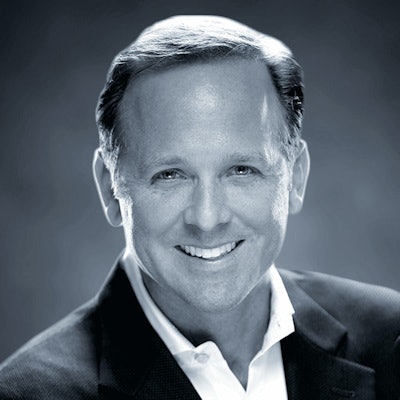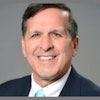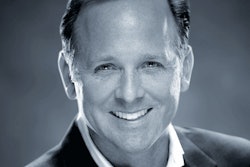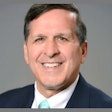
Have you ever been to New York City? If you haven't, you need to go -- it's an amazing city. The one thing that has always fascinated me about the Big Apple is both the diversity and similarity of its people. Regardless of their age, gender, ethnicity, or occupation, New Yorkers all have one thing in common: They're intentional. They move quickly and efficiently. They're fast. And I love it.
 Jay Geier is the president and founder of the Scheduling Institute.
Jay Geier is the president and founder of the Scheduling Institute.So what does this have to do with you and your practice? Intentionality is exactly what your practice needs to attract new patients, retain existing ones, and thrive.
What if we were to compare New York City's energy and sense of purpose to your practice and your team? Do you feel excited about coming in to the office every day, or do you feel demotivated? Does your team move around the office with intention, or are they always waiting on you to tell them what to do?
How would your patients describe your practice? Would they say its energy is contagious and infectious? Would they be pleased with your speed? If not, it's time you started thinking and acting like a New Yorker.
6 tips
So my challenge to you this week is to evaluate your practice's efficiency, energy, and intention and start making some impactful changes.
The truth is, the speed in which you operate directly affects your ability to increase capacity. If you are not doing things in the most streamlined and efficient way possible, you are wasting critical seconds every hour, and these seconds add up throughout the day.
And like the saying goes, "Time is money."
1. Look at the numbers
Track how long you are taking from the time a patient walks in the door to when they walk out. You can't expect to improve your results if you aren't measuring them. Once you have these baselines, you can begin to make changes and improvements to increase your speed and efficiency and also clearly recognize what improves efficiency.
2. Reconfigure your space
“Intentionality is exactly what your practice needs to attract new patients, retain existing ones, and thrive.”
Streamline movements throughout the office. Are tools and equipment where they need to be? Make sure you have maximized your current space to reduce obstacles and ensure efficiency. You may find you actually have room for another operatory.
3. Improve communication
Communication is the key to efficiency. If you aren't communicating throughout the process, your team is probably repeating multiple steps and wasting time. Daily morning huddles are a great way to provide clarity and offer an opportunity to get the team pumped up for the day. Headsets also allow you to communicate quickly and keep moving.
4. Evaluate all activities
Ask yourself and your team, "Does this activity help us reach a goal?"
If not, re-evaluate the task and figure out how to eliminate it or do more efficiently. Too many people fill their days with "work" that doesn't contribute to progress.
5. Eliminate distractions
Treating patients is production revenue. Any time not spent on treating patients or working on the practice is a distracting activity that could cost you money. Minimize cell phone and laptop use during the day. My best clients don't even have an office in their building to reduce the temptation for distraction (and it frees up space to add another operatory).
6. Reward progress
Once you start tracking your numbers, you can begin to celebrate successes. When goals are met, either in efficiency or new patients, reward the team with an outing, gift cards, or a special lunch. It's important to reward behavior you want repeated.
As you become more efficient, you'll open up space on your schedule you didn't think you had. Space for new patients -- the lifeblood of your practice -- to easily fill. After all, if you aren't able to accommodate your new patients by scheduling them quickly, you are setting yourself up for failure.
The more new patients you see, the more profitable you become. Streamlining your processes, ramping up your energy, and becoming intentional about meeting the needs of your patients efficiently will give you the space you need on your schedule to bump up those numbers.
An efficient practice must start with efficient and effective scheduling. After all, it doesn't matter how many new patients call -- it matters how many are scheduled.
Jay Geier is the founder and owner of the Scheduling Institute, a dental training and practice consulting company. Take the 5 Star Challenge here.
The comments and observations expressed herein do not necessarily reflect the opinions of DrBicuspid.com, nor should they be construed as an endorsement or admonishment of any particular idea, vendor, or organization.



















